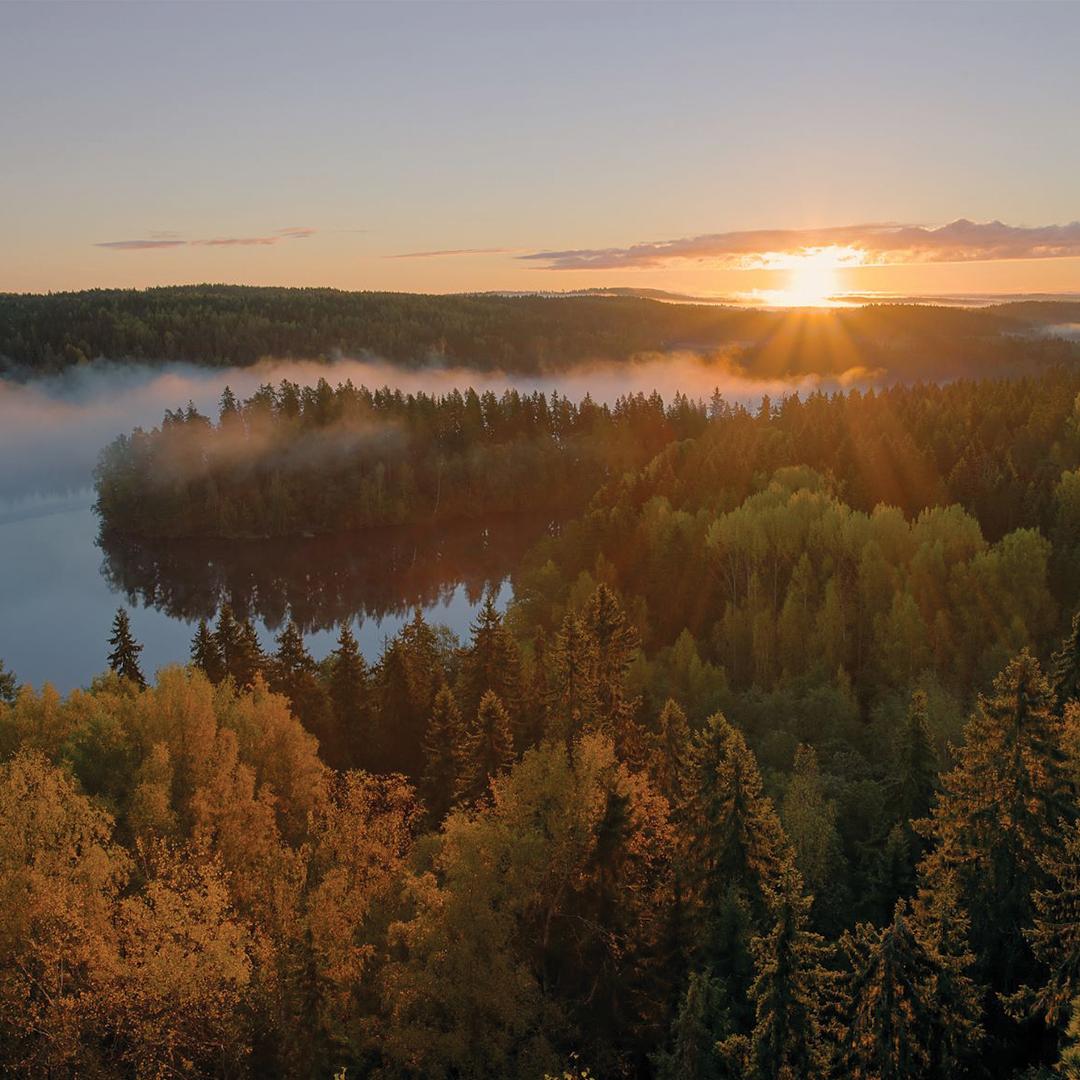Operating Rakvere district heating network
Adven and the city of Rakvere in Estonia have been partners for many years. They have been jointly managing Rakvere Soojus, supplying the city with district heating. The partnership has brought a more efficient service and a sustainable and long-term approach to the city and its residents.
Already a couple of decades ago, the city of Rakvere started looking for a strategic, expert partner with whom to jointly own and manage the company Rakvere Soojus.
“The city’s process in investing in the heating network was hectic, the residents were supplied with heat by a gas-based boiler house and the heating network depreciated year by year. We saw that we needed more efficient network planning and management and stable investment capacity,” Rakvere City Council Chairman Mihkel Juhkami describes and adds that the necessary partner then was found in Adven’s predecessor, Fortum Termest.
Heat supply with a long-term contract and price formula
It was the first municipality in Estonia to start tendering for the purchase of heat, where the best bidder got the right to sell heat based on a long-term contract and price formula. Fortum Termest, later to become Adven, acquired two biofuel boiler houses in Rakvere and started supplying heat to a large part of the city of Rakvere.
The company built a modern cogeneration plant based on renewable energy in the city.
“We started using wood chips for energy production, and by launching the plant we were able to bring quite a few benefits – increase efficiency, reduce the price of heat and achieve a lower environmental impact,” explains Juhan Aguraiuja, Adven’s SVP, Baltics.
District heating in great cooperation
According to Juhkami, the production of heat and the organization of district heating with an expert partner have become significantly more economical.
“How to maintain pipes, repair them, develop the network, make procurement – in all this, Adven is a master in its field. They have also been a guide in resource management – for example, what kind of work to outsource and what to do in-house”, says Juhkami.
“Management of the district heating network must be done prudently, constantly looking for the best balance between price, quality and environmental perspective. We must look at the long-term perspective – the networks are not being built for just a few years”, Aguraiuja explains.
As an example of a long-term view, he cites the common infrastructure built under Pika Street in Rakvere. Along with communication, electricity and water supply, a district heating network was also installed when renovating the street.
“This is not a very common practice and was possible thanks to good cooperation with the city”, Aguraiuja adds.
How to maintain pipes, repair them, develop the network, make procurement – in all this, Adven is a master in its field.
Mihkel JuhkamiChairman of Rakvere City Council

 Newsletter
Newsletter